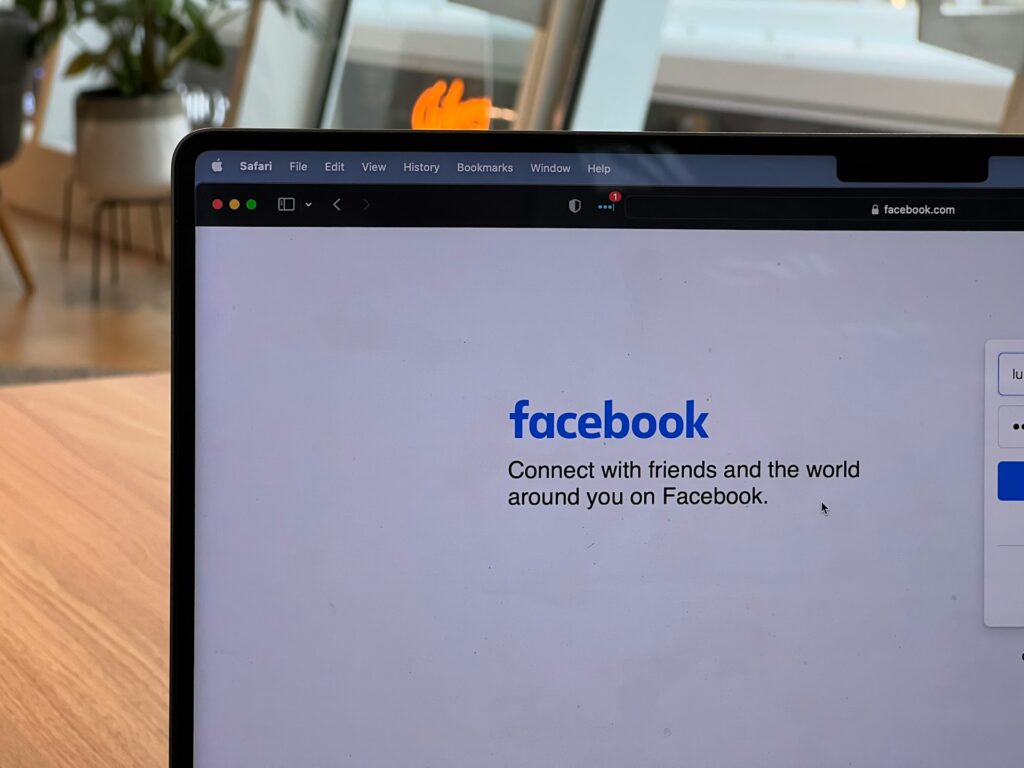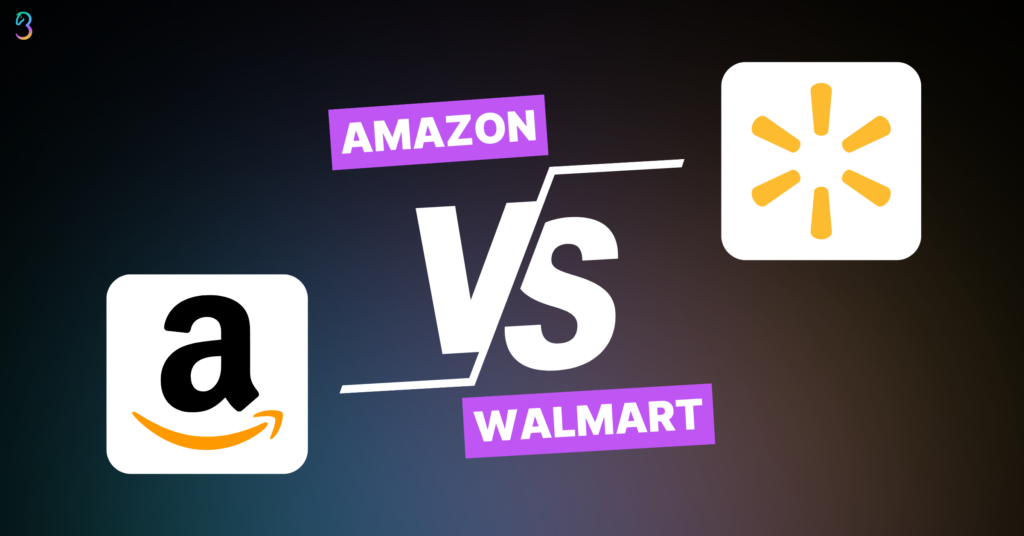- Blog
-
For Sellers
A comprehensive guide to Amazon seller insurance
This is the insurance breakdown every Amazon seller needs before things go south.

Selling on Amazon is like driving a car. You need insurance before you hit the road.
Even the most careful sellers face risks that could wipe out years of hard work overnight. A defective product claim, a customer injury, or even a simple misunderstanding can trigger a lawsuit that drains your bank account faster than Prime Day depletes your inventory.
Amazon seller insurance isn’t just another box to check on your compliance list. It’s the financial shield that protects everything you’ve built when things go sideways. And yes, things may eventually go sideways.
This guide breaks down what insurance you need as an Amazon seller, when you need it, and how to get it without overpaying.
Why do Amazon FBA business owners need insurance?
Amazon is a highly lucrative platform. However, for uninsured sellers, it refutes responsibility for malfunctioning products or customer lawsuits.
Imagine a situation where a customer asserts that a product you sold caused harm. Without insurance, you face out-of-pocket expenses from potential lawsuits.
More than a safety net, Amazon seller insurance is an emergency chute for turbulent times. If customers file lawsuits against you, the insurance company will assist in legal defense and settlements. Your coverage might even resolve the matter before it reaches the courtroom.
Insurance is paramount even if you sell low-risk items. Consider it an investment in security, your defense against complaints, product liability claims, and property damage that could otherwise jeopardize your business.
What are the insurance requirements for FBA sellers?
Amazon draws a clear line in the sand with insurance requirements. Once your monthly sales hit $10,000 or you upgrade to a Professional seller account, you’ve got 30 days to secure proper coverage.
Your insurance policy needs to check these boxes:
- Coverage size: You’ll need at least $1 million protection per incident and overall
- Policy foundation: Choose commercial general, umbrella, or excess liability coverage that works on an “occurrence basis” (meaning the incident, not the claim filing date, determines coverage)
- Reasonable deductible: Keep your out-of-pocket maximum under $10,000
- Comprehensive protection: The policy must cover everything from product issues to bodily injuries connected to your business
- Amazon’s protection: Your policy must specifically name “Amazon.com Services LLC and its affiliates and assignees” as additional protected parties
- Proper identification: The name on your insurance must match your legal business name in Seller Central
- Reputable provider: Your insurance company needs global claim capabilities and strong financial ratings (S&P A- or AM Best A- minimum)
- Change notification: Your provider must promise to alert Amazon about any policy changes at least 30 days in advance
Sellers with unusual products face additional hurdles. Items that Amazon flags as restricted or hazardous typically demand extra coverage layers. Amazon does review exception requests, but getting proper coverage from the start saves headaches.
Your safest path? Secure proper insurance before you need it. Early coverage protects you during those critical growth phases when rising sales often bring increased exposure to claims.
How do you choose a provider for your Amazon seller insurance?
Choose an insurance provider familiar with ecommerce policies and FBA insurance requirements. According to Amazon, your insurance provider must:
- Have global claim-handling capabilities.
- Possess a financial rating of S&P A-, AM Best A-, or higher. If these ratings don’t apply in your country, you can use a local equivalent for insurance requirements.
Inform your insurance agent beforehand that you’re an Amazon seller to ensure compliance with Amazon’s exact requirements. There are nuances to their rules, and discussing them with your agent is crucial.
Amazon collaborated with Marsh—a leading insurance broker—to simplify compliance and established the Amazon Insurance Accelerator. This digital network of approved insurers offers Amazon sellers a convenient way to find the best insurance product that matches their needs at competitive prices.
Securing coverage through the Amazon Insurance Accelerator offers:
- A pre-vetted list of insurance providers meeting Amazon’s requirements.
- Quotes from multiple insurers through a single streamlined digital application.
- Potential savings of up to 58% compared to non-participating insurers.
To access the Amazon Insurance Accelerator, go to your Seller Central account and choose Settings > Account Info > Business Insurance. This page offers options like Well Insurance, Next Insurance, Simple Business Inc., Bold Penguin, and Bunker Insurance, and their online application process allows you to review policy options, purchase coverage, and obtain your certificate automatically. These providers work directly with Amazon and understand the coverage needed by sellers.
Transactions are solely between you and your chosen provider. Amazon doesn’t receive any commission or referral fees, and the Amazon Insurance Accelerator doesn’t take any cuts from insurers.
Note that you can choose a provider outside the Amazon Insurance Accelerator as long as they meet Amazon’s requirements.
Amazon’s insurance guidelines require adherence to specific notification and timing details:
- Notify Amazon of policy changes 30 days in advance.
- Ensure the policy is signed and valid within 60 days of submission.
- Upload the Certificate of Insurance to Seller Central within 30 days.
To upload your insurance documents, go to your Business Insurance page and enter the following details:
- Insurer’s Name (Provider of your insurance coverage)
- Insured’s Name (Your or your business’s name, the policyholder)
- Policy Number (Assigned by the insurance provider upon purchase)
- Start Date of Policy (The commencement date of your policy)
- End Date of Policy (Expiry date, usually 12 months from the start date)
- Amazon Insurance Accelerator Participant (Yes/No) – Indicate if you purchased insurance through this program.
Upload your Proof of Insurance Certificate in .pdf, .doc, or .docx format and click “Submit.” Upon reviewing your certificate, Amazon will send an email indicating the submission status. Ideally, it will state that no further action is required. Sometimes, Amazon may ask for extra documents, such as your full policy or receipt. Once approved, the status will change to “Verified Successfully.”
Will Amazon cover claims?
Yes, but with conditions. Under the A-to-Z Guarantee, Amazon covers costs for valid property damage and personal injury claims under $1,000 as a customer concession. So long as the FBA seller adheres to policies and valid insurance, Amazon will bear the costs without seeking reimbursement. This will also not impact the seller’s order defect rate.
The A-to-Z Guarantee ensures customer protection in case of property damage or personal injury from a defective product sold through Amazon.com. For such products, Amazon facilitates resolution between the customer, the seller, and the insurance provider. If a seller doesn’t respond to a claim, Amazon steps in, addresses the immediate concern, takes on the financial responsibility, and separately pursues the seller. If a seller rejects a valid claim, Amazon intervenes, allowing sellers to defend their product.
When a customer files a claim, Amazon combines advanced fraud detection with external insurance fraud experts to analyze it. Amazon only presents valid claims to sellers and denies unsubstantiated or frivolous claims, saving sellers from individual investigations. This simplified process saves time, money, and effort for both customers and sellers.
What types of business insurance do Amazon sellers need?
While CGL insurance is the minimum requirement for Amazon sellers, other types can offer valuable protection. Here’s a breakdown:
Commercial general liability insurance
If your monthly sales exceed $10,000, you must have this specific type of insurance. CGL covers:
- Bodily injuries and accrued medical expenses.
- Tangible losses, like damage to physical property.
- Intangible damages like libel or slander.
- Advertising injuries, such as misleading claims.
Despite Amazon’s fulfillment, product-related incidents may arise. This insurance covers legal defense, settlements, and judgments resulting from product defects or malfunctions causing injury or property damage.
While CGL is foundational, it’s not a comprehensive solution. Talk to your insurance provider to customize your coverage based on your business needs and risk profile.
Product liability insurance
This insurance covers defect-related claims. It is highly recommended that you get this insurance if you sell physical goods with a higher risk of harm.
Business Owner’s Policy (BOP)
A BOP combines general liability and property insurance into one policy, and it’s often more cost-effective. If you own or rent a property to store and distribute goods beyond Amazon, consider this policy for your ecommerce business.
Cyber liability insurance
Cyber insurance covers recovery costs for various cyber-related incidents, such as:
- Data breaches
- Cyberattacks
- Ransomware
- Phishing
- Malware
Commercial umbrella insurance
This provides additional coverage once a policy’s limit is reached. For Amazon sellers, it adds an extra layer of financial confidence in case of unexpected incidents.
What is Amazon suspension insurance?
Seller accounts can be suspended for various reasons, including:
- Late Shipment Rate
- High Order Defect Rate
- High Pre-Fulfillment Cancellation Rate
- Selling Prohibited Items
- Selling Used Items as New Items
- Complaints about product safety
- Listings that do not match the description
Amazon Suspension Insurance is tailored for Amazon sellers, providing financial protection in case your seller account faces suspension. It functions similarly to traditional coverage for physical storefronts, protecting against loss of income.
Compared to most insurance products, it’s a cost-effective policy that protects you from significant financial losses. Though not mandatory, it is an adequate safety net for businesses that are heavily dependent on Amazon sales.
Eligibility for coverage of lost sales, reinstatement costs, and inventory storage fees during suspension varies depending on the provider and your location. Generally, Professional sellers with a good account history qualify, and Individual sellers may find limited options.
Assess your need for Amazon Suspension Insurance based on your business‘s reliance on Amazon, risk tolerance, and budget. Account reinstatement can take weeks, freezing pending payments and halting sales. The insurance covers your daily financial loss until the claim is resolved, offering peace of mind and protecting your brand’s reputation.
Does Amazon’s warehouse provide insurance for stored FBA inventory?
Your products are insured for damage at Amazon’s warehouse, and Amazon will generally reimburse you. However, this coverage does not extend to all risks associated with distributing physical products. Amazon does not protect manufacturers, designers, or suppliers.
For example, if someone files a claim against you for injuries caused by a product you manufactured and distributed through FBA, Amazon will not cover the costs of the claim. However, your product liability policy covers legal fees and compensation payouts within your indemnity limit.
Is Business Interruption insurance necessary for Amazon FBA?
While Amazon reimburses FBA sellers for stock losses after incidents at their warehouse, this doesn’t cover your income loss. A robust Business Interruption (BI) policy is crucial to protect your cash flow and fixed costs during this period.
BI isn’t mandatory for FBA sellers. However, it offers valuable protection, especially if it covers additional expenses like temporary storage or expedited shipping.
Your reliance on FBA determines if you need this policy. If your business heavily depends on FBA fulfillment, the potential impact of disruptions is higher, making BI more relevant.
How much does Amazon insurance cost?
Your quote will depend on your estimated annual revenue. Insurers use various models to calculate premiums, so comparing quotes from various insurers provides a better understanding of the monthly and yearly costs of maintaining coverage.
Various factors influence the expenses associated with Amazon liability insurance, including the type of product, sales volume, business location, and claims history:
- The risk levels of different products play a crucial role in determining insurance premiums. For instance, flipping books may lower insurance costs than dealing with high-tech sporting equipment, which carries a higher risk for malfunctions.
- Increasing the number of products sold correlates with greater exposure to potential liability claims, prompting insurers to charge higher premiums for businesses with larger sales volumes.
- Varying regulatory environments, such as states recognized for high legal settlements, can impact pricing.
- Similar to how frequent accidents or traffic violations raise car insurance premiums, a history of product-related claims, lawsuits, or recalls can significantly increase product liability insurance expenses for a business.
Is it possible to reduce your Amazon seller insurance costs?
Yes, this is doable, but make sure to proactively:
- Enhance product safety: Improve your risk profile by investing in product safety measures. For instance, ensuring kids’ toys are free from choking hazards can lower premiums.
- Apply strict quality control: Reinforce your quality control measures, including consistent product inspections and high manufacturing standards. This minimizes defective products in the market, lowering the risk of liability claims and associated insurance costs.
- Get multiple quotes: Use the Amazon Insurance Accelerator to receive quotes from various insurers. Choose the best policy that fits your business framework and products.
Which product categories are considered high-risk?
Amazon requires all Professional sellers to have at least CGL insurance, regardless of the product category. While Amazon doesn’t label products as high-risk, certain categories are more prone to issues:
Electronics
Electronics can stop working properly, resulting in personal harm, property damage, or even loss of life. For this reason, it is essential to cover potential lawsuits. Data breaches or hacking attempts can also be costly, especially for those storing sensitive information.
Baby products
Some baby products contain small parts that can be a choking hazard for young children. Product liability insurance protects against lawsuits arising from injuries or deaths.
Health and wellness
Supplements and wellness products may not always live up to claims. If adverse effects occur, that’s a possible lawsuit. Misleading claims about health benefits can also result in hefty fines and legal action.
Home and kitchen
Defective kitchen appliances or faulty home goods can cause property damage or injuries. Contaminated food products or faulty home goods can also lead to expensive recalls.
What are the benefits of Amazon seller insurance for FBA business owners?
Aside from shielding your business from financial ruin, securing insurance for your FBA business can:
Provide peace of mind.
Protection against unexpected claims gives you the confidence to take calculated risks, expand your business, and grow without constant worry.
Mitigate potential account suspension.
Failing to follow Amazon Seller Insurance may result in the suspension or termination of your account. Additionally, having Amazon Seller Insurance is often a prerequisite for participating in certain promotions or programs on the platform.
Improve seller performance metrics.
Amazon’s algorithm considers various factors for seller performance, including insurance coverage. Having the required insurance can positively impact your metrics, potentially leading to a higher search ranking, increased visibility, and, ultimately, more sales. This domino effect highlights the indirect benefit of insurance beyond just financial protection.
Enhance your brand reputation.
Customers increasingly value businesses taking responsibility for product safety and potential risks. Insurance demonstrates your commitment to safety and ethical conduct, building trust and potentially enhancing your brand reputation.
Give you a competitive edge.
Providing customer insurance shows that you prioritize safety and responsible business practices. This can attract risk-averse customers.
Streamline claim process.
Reputable insurance providers offering Amazon Seller Insurance often have established relationships with Amazon. This facilitates a smoother claims process in case of incidents and can save you valuable time, resources, and stress compared to navigating the claims process independently.
Protect your Amazon business before you need to
Amazon seller insurance might feel like an unnecessary expense when you’re focused on growing your business, but it’s actually one of the smartest investments you can make. The right coverage ensures that a single product issue doesn’t erase all your hard work and profit.
In a nutshell: Don’t wait for a problem to show you why insurance matters. Get covered today, then focus on what you do best—growing your Amazon business.
But how about protecting your Amazon business while ALSO optimizing every other aspect of your operation? That’s doable.
Try Seller 365, our all-in-one seller software bundle that combines 10 apps for just $69/month. From finding profitable products to automating price adjustments and streamlining your inventory, Seller 365 gives you everything you need to succeed on Amazon while saving you money on multiple subscriptions.





















